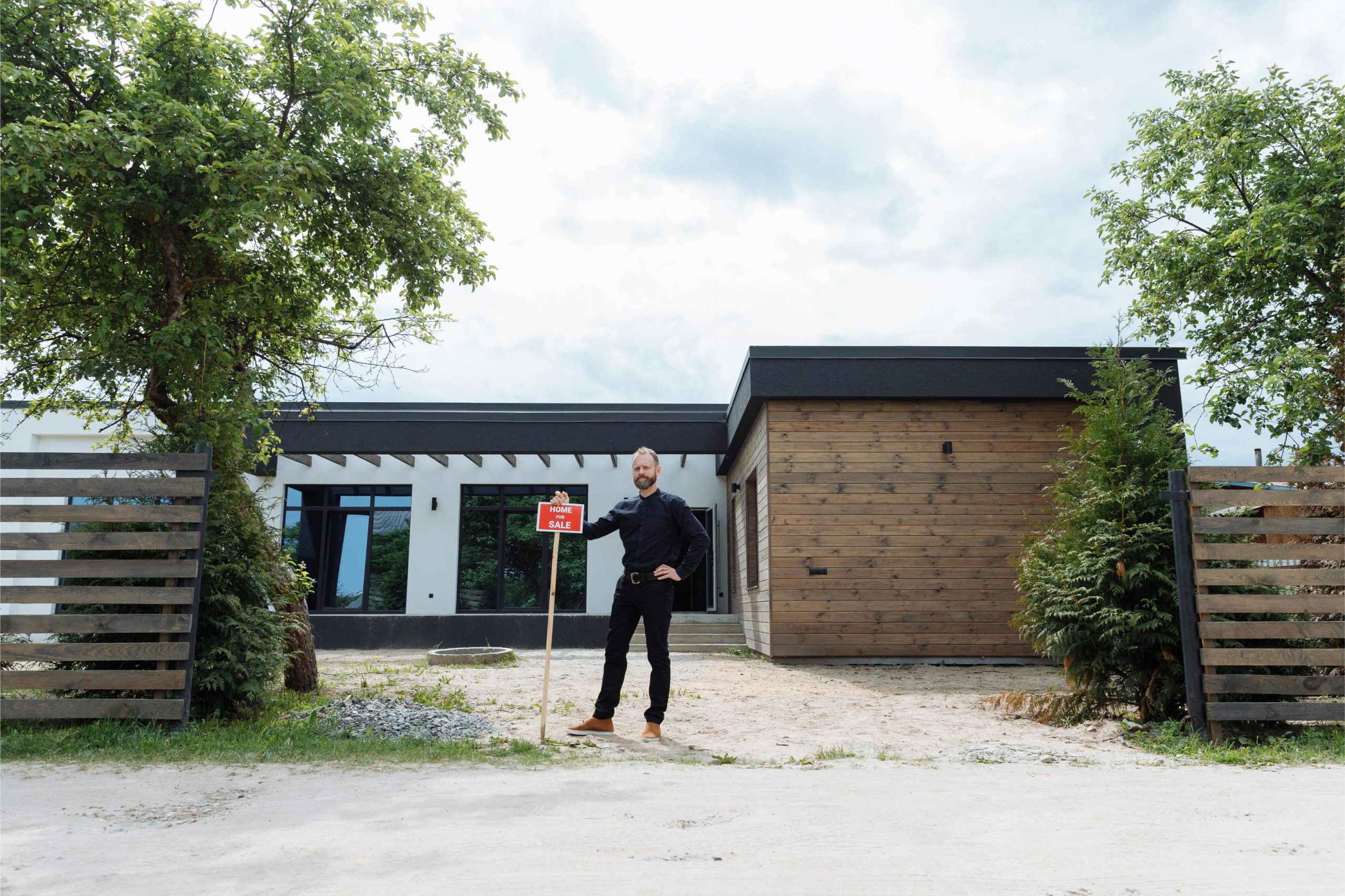
Real estate investing can be a powerful path toward financial freedom, passive income, and long-term wealth. However, many beginners jump in too fast, often without a proper plan or understanding of what it takes to succeed. If you’re looking to start a real estate investment business, learning what not to do is just as important as knowing what to do.
In this article, we’ll walk you through seven common mistakes beginners make when launching their investment journey—and how you can avoid them. Whether you’re investing alone or aiming to build a company, steering clear of these errors can set you on a more stable and profitable path.
1. Not Defining Your Investment Goals
Before you start browsing properties or reaching out to agents, you need clarity on your goals. What type of investor do you want to be?
Are you:
- Looking for steady rental income?
- Hoping to flip houses for quick returns?
- Interested in building a long-term portfolio?
Without clear objectives, you’ll likely waste time and money chasing deals that don’t fit your vision. Define short-term and long-term goals, your risk tolerance, and your exit strategy early on. This clarity will shape all your future decisions—from financing to property type.
2. Skipping Market Research
New investors often focus too much on national trends and forget to study their local real estate market. Every area behaves differently—what works in one city might flop in another.
Why market research matters:
- Helps you identify high-demand neighborhoods
- Reveals average rental rates and vacancy trends
- Allows you to forecast appreciation potential
Use online tools like Zillow, Realtor.com, and local government websites to research property taxes, schools, crime rates, and economic growth in your target area.
3. Overleveraging Without a Safety Net
Yes, leverage can magnify your returns—but it can also magnify your risks. Many beginners make the mistake of taking on too much debt without considering unexpected costs.
Avoid this by:
- Keeping a reserve fund (3–6 months of expenses)
- Budgeting for vacancies, repairs, and emergency maintenance
- Not relying on maximum loan amounts as your budget
Building a real estate investment business is a long game, and staying financially flexible is key to weathering downturns.
4. Underestimating Rehab and Repair Costs
It’s easy to fall in love with the idea of flipping a fixer-upper, but underestimating renovation costs is a common trap.
Beginners often forget:
- Material and labor costs fluctuate
- You may uncover hidden structural problems
- Permits and code inspections can delay progress
Get multiple contractor quotes and always include a contingency (10–15%) in your rehab budget. It’s better to over-prepare than underfund your project.
5. Doing Everything Yourself
While being hands-on can save money, trying to handle every part of the business—finding deals, managing tenants, doing repairs—can lead to burnout and costly mistakes.
Instead, build a trusted team, including:
- A knowledgeable real estate agent
- A reliable contractor or handyman
- A property manager (if you don’t want to be hands-on)
- An accountant familiar with real estate tax rules
Delegating tasks lets you focus on strategy and growth, which are more valuable long-term.
6. Failing to Treat It Like a Business
Real estate investing isn’t just a side hustle or hobby—it’s a business. Failing to treat it that way can result in poor recordkeeping, legal troubles, and missed tax benefits.
Business-minded steps to take:
- Create a separate business entity (like an LLC)
- Open a dedicated business bank account
- Track income and expenses using accounting software
- Write a business plan that outlines your growth strategy
This mindset shift sets you apart from casual investors and prepares you for scalable success.
7. Thinking You Need a Lot of Money to Get Started
This is perhaps the biggest myth: that you need tens of thousands of dollars to break into real estate. While it’s true that capital helps, there are creative ways to begin investing even if your budget is tight.
Here’s how to start a real estate investment company with no money:
- Partner with capital investors while you do the legwork
- Use seller financing or lease-to-own deals
- House hack—live in part of a multi-unit property while renting the rest
- Wholesaling—secure properties under contract and sell them to other investors
The key is building trust, being resourceful, and learning how to structure win-win deals. Many successful investors started with limited funds and built their portfolios through smart strategies.
Final Thoughts: Learn Before You Leap
Real estate investing offers massive potential, but also major risks if you dive in blindly. As a beginner, your goal should be to learn while you earn.
Avoiding these seven mistakes will save you time, protect your finances, and help you build a real estate investment business with confidence. Stay focused, invest in education, and remember that every smart move you make today will pay off in the years ahead.






